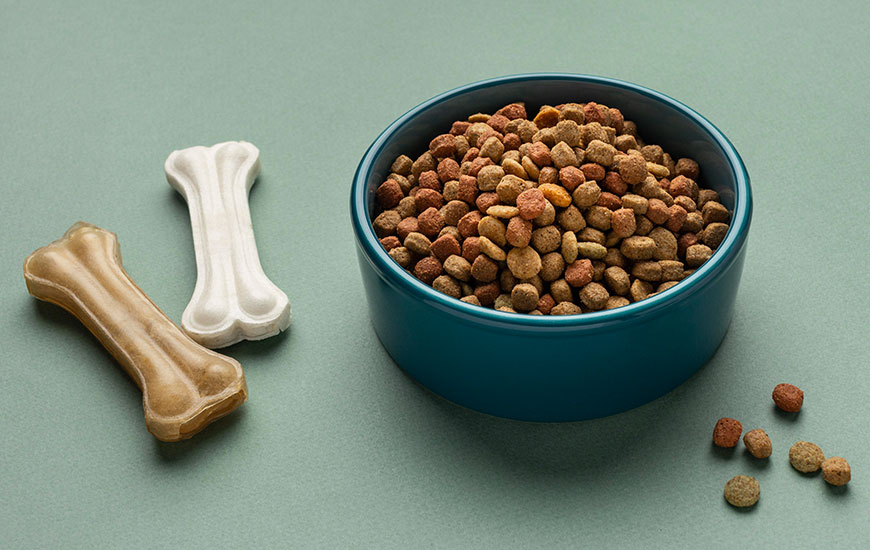If You are Interested in pet food business, read here
BY : Tika Ramayanti, SH. & Syarafina Annaafi, SH
- Introduction
The pet owners in Indonesia increased significantly after the pandemic. It led to the emergence of varieties of pet food ("Pet Food"), both imported and locally made. As reported by Kompas, data from the 2022 Foreign Trade Statistics (BPS) reveals that imports of Pet Food products under code HS 2309, which include Pet Food categories for dogs and cats (HS 230910) and for other pets (HS 230990), continue to increase every year. Further, according to the publication on the Pet Fair South East Asia website, the Pet Food market in Indonesia is forecasted to grow at compound annual growth rate (CAGR) of 5.1 percent from 2021 to 2026. In 2015, the Pet Food market in Indonesia was US$882 million, it is expected to reach US$1.84 billion in 2025. It is estimated that the potential of the Pet Food business in Indonesia will persist to grow in the future.
- General Pet Food Regulations
Pet Food is regulated under Law No. 18 of 2009 concerning the Husbandry and Animal Health. Pet Food means single or mixed food materials, either processed or not processed, which are given to the animal to survive, produce and breed. Any person producing Pet Food and/or Pet Food ingredients for commercial distribution is required to obtain a business license. Pet Food produced for commercial distribution must meet the minimum standard or technical requirements and safety for consumption and comply with provisions on good food manufacturing practices. These practices, including those related to the good food production process, must ensure that the food does not contain biological, physical, chemical contaminants above the permitted maximum thresholds. Additionally, attention must be paid to the social impact resulting from the waste of raw materials and ancillary ingredient which are used.
The producer of Pet Food is prohibited from:- distributing food that is unfit for consumption;
- using and/or distributing ruminant food that contains food ingredients in the form of blood, meat, and/or bones; and/or
- using food that is mixed with certain hormone and/or antibiotic food additives.
Below is the prohibition in the distribution Pet Food:- unlabelled;
- expired;
- damaged packaging, physically damaged, smelly or changes colour; and/or
- falsified, namely does not have registration number, the content does not match the label or using someone else’s brand.
Furthermore, the business actor intending to import, export and selling in retail the Pet Food, shall comply with the requirements stated in the Ministry of Agriculture Regulation Number 15 of 2021 concerning Business Activity Standards and Product Standards for the Organization of Risk Based Business Licensing in the Agriculture Sector (“MoA Reg. 15/2021”). This regulation mandates to obtain several special permits, such as veterinary control numbers, recommendations from the relevant Agency, several certificates, and other permits related to the Pet Food based on applicable laws and regulations.
Conclusion
To facilitate the sale and distribution of the Pet Food, the business actors shall obtain the necessary licenses, and ensure the Pet Food meets the minimum standard, technical requirements and safety for consumption. Seeking legal advice from local counsel can help to guide business actors to ensure the compliance with the evolving regulatory requirements and anticipate potential regulatory changes.
Note: The content of this article does not constitute legal advice and should not be relied upon, as there may be other regulations related to Pet Food. If you need specific advice related to this topic, please contact us by email through info@yangandco.com.



